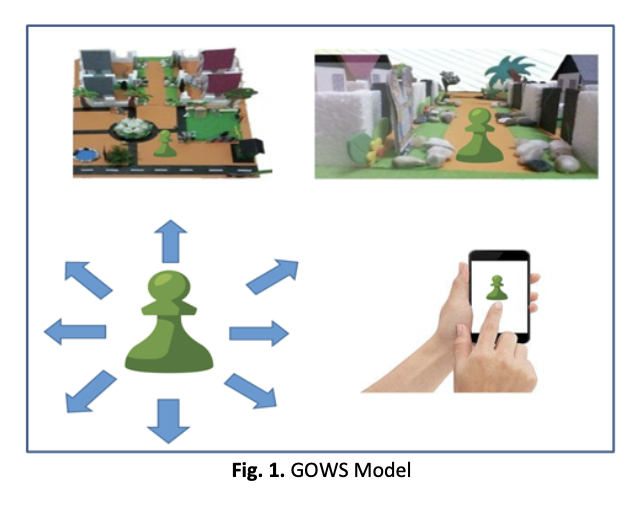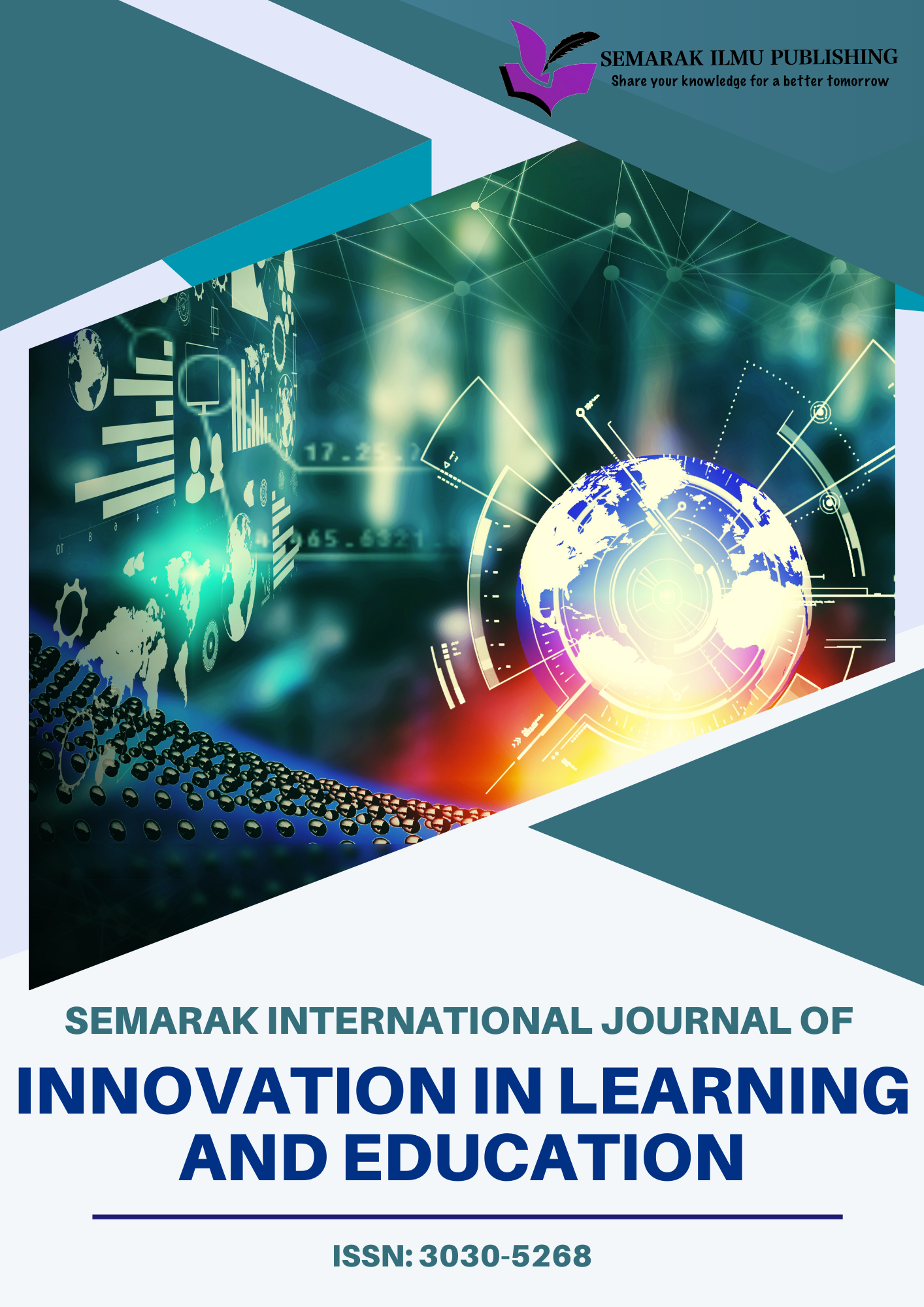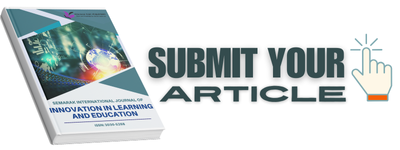Gamification of Written Stories (Gows) Model in Improving Speaking and Writing Skills of Students with Intellectual Disabilities in Special Education Secondary School
DOI:
https://doi.org/10.37934/sijile.6.1.2738Keywords:
Gamification, written stories, speaking and writing skills, students with intellectual disabilities, special education secondary schoolAbstract
The objectives of this paper were to identify the effectiveness of gamification of written stories (GOWS) model in improving speaking and writing skills of students with intellectual disabilities in a special education secondary school. Intellectual disability refers to individuals who have a low IQ (level of intelligence) and significant weaknesses in terms of development, such as speech problems, social problems, self-care issues, and are unable to interact in the community without supervision from caregivers (e.g., mother, father, aunt, etc.). Therefore, GOWS consists of two components, namely an electronic model and a real housing park application that can help students tell stories and organize ideas in writing essays. This real model is changeable according to the theme of teaching and learning, for example, if the theme is family, then a family model can be built. This innovation of GOWS has been used at Sekolah Menengah Kebangsaan Seremban 2 for three months through participant observation, drills and notes involving 7 students with intellectual disabilities. The study's findings show students with special needs benefit in terms of improved listening, speaking and writing skills. This innovation of GOWS also functions for students to present ideas in speaking activities and then organize those ideas in writing essays. Thus, GOWS has high commercial characteristics because it is very interesting and can be diversified according to the theme of teaching and learning and characters in a theme can be added as appropriate. This innovation of GOWS is also very user-friendly because it is easy to use by teachers and students. For example, by moving human characters representing students who are telling stories through various facilities in the housing park, for example, playgrounds, houses, schools and so on, students can present interesting ideas in their stories. Apart from this, GOWS can also be a therapy for students to solve various behaviour problems in the classroom because it contains fun activities and materials. This innovation is also related to the aspect of Language Arts (KSSR), which emphasizes "learning while playing" and language games.










